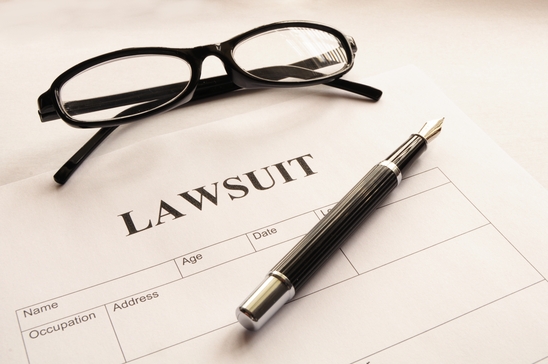
The Essure contraceptive device was approved by the U.S. Food and Drug Administration (FDA) in 2002. Since then, the U.S. Bayer Group has sold more than 750,000 of the devices across the globe. It consists of two metal coils that are implanted in the fallopian tubes. They induce the growth of scar tissue, and that scar tissue eventually blocks the tubes. Sperm is prevented from reaching eggs and fertilizing them. The procedure is permanent. It cannot be reversed.
The Black Box Warning
In 2016, the FDA began requiring a black box warning for Essure. As per the FDA, these types of warnings are “designed to call attention to serious or life-threatening risks.”
Reported Adverse Effects
Bayer is the manufacturer of Essure. The device has been promoted as a simpler alternative to sterilization. As opposed to tubal ligation or hysterectomy, there is no general anesthetic, invasive procedure or scarring. There have been more than 14,000 reports of adverse effects involving the product. Those include the following:
- Unwanted pregnancies
- Autoimmune disorders
- Organ perforation
- Device migration
- Bleeding
- Persistent pain
- Device expulsion
- Depression
- Subsequent hysterectomies
Essure Lawsuits
Given the above adverse effects, thousands of Essure lawsuits have been filed against Bayer. These lawsuits are seeking a variety of damages including the cost of medical care to treat the adverse effects that they’ve suffered along with non-economic damages like pain and suffering and loss of a normal life. Some women are also seeking punitive damages.
Between 2008 and 2016, Bayer was addressed four times by the FDA. Those incidents included the following:
- Manufacturing the devices in an unlicensed facility in 2008.
- Using unapproved materials in violation of premarket approval.
- New clinical trials were required.
- Required black box warning.
- Sales restrictions to providers of Essure requiring disclosure and confirmation of disclosure by the patient about the possible adverse effects of the device.
Reportedly, more than 30 deaths and many miscarriages have been connected to Essure. Regardless of the fact that Essure has been banned in many countries, it continues to be available in the United States. Some women have turned to the courts for compensation for their medical bills, lost quality of life and pain and suffering. If you believe that you have suffered serious adverse effects from Essure, you might have a basis for an Essure lawsuit. A plaintiff in an Essure lawsuit will typically claim that Bayer failed to warn women of the risks attendant to Essure. They’re also contending that Bayer falsified documents for purposes of obtaining FDA approval for the device. Other allegations include the following:
- Faulty design of the device.
- Negligence.
- Breach of both express and implied warranties.
- Willful concealment of the dangers involved upon implantation of the device.
- Misrepresenting the safety and efficacy of the device.
- Failure to properly train doctors on how to implant the device.
Bayer deceived both doctors and their patients. Bayer obtained pre-market approval from the FDA for the Essure device, intending to bar women from filing a personal injury lawsuits against the manufacturer. If that law applies, every woman who claims injury from an Essure device is barred from seeking compensation. That’s fundamentally unfair. An Essure lawsuit can break that barrier.
Learn more about Drug Lawsuits.
